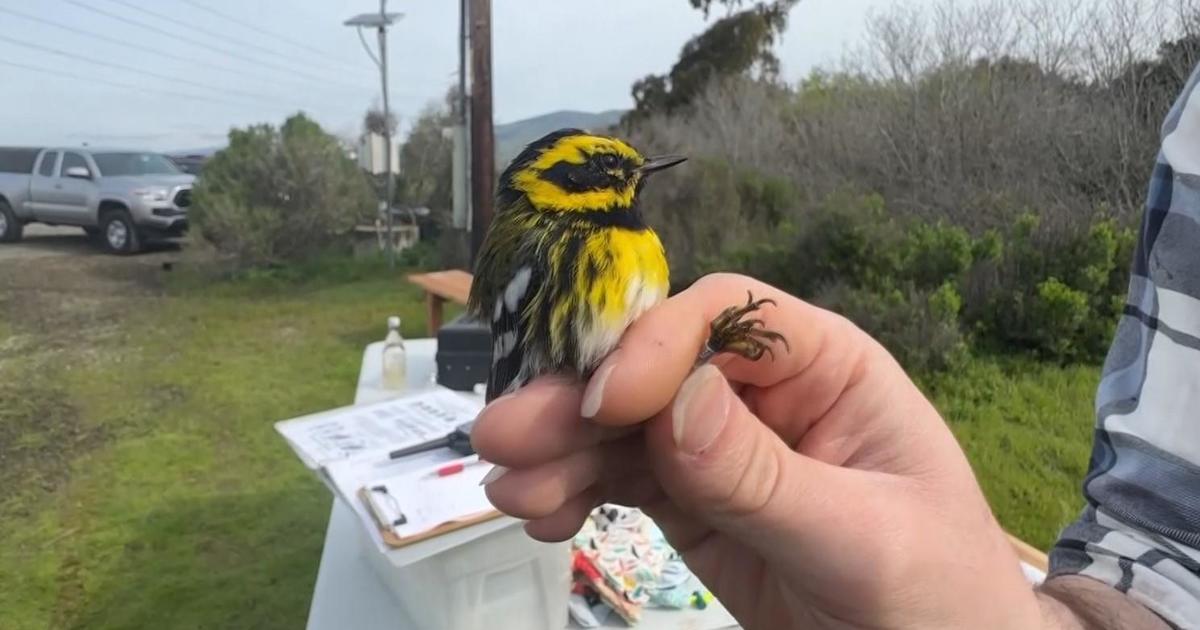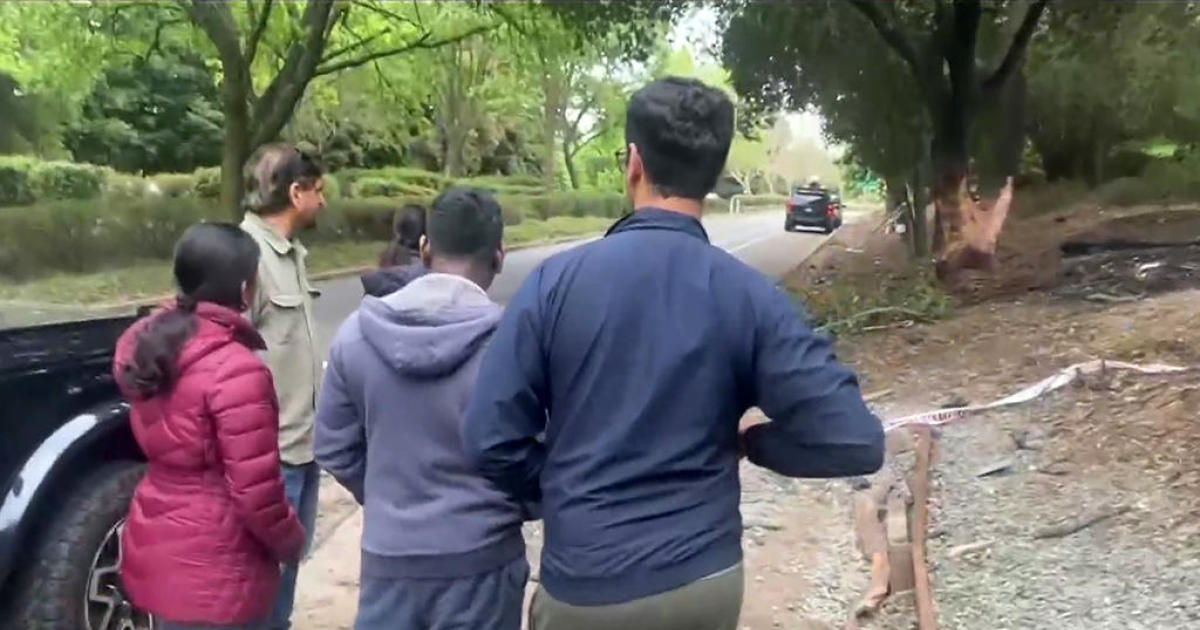Bay Area Company's $99 DNA Test Sparks Healthcare Revolution
MOUNTAIN VIEW (KPIX 5) -- For $99, and a little bit of spit, a Bay Area company is providing a health care revolution. The revolution comes in the form of a test that arrives at your home in a little box.
KPIX 5 spoke to Lynn Dee and Craig Bolleson when they opened the box and took the test, a DNA test from a Mountain View-based biotechnology and genomics company called 23andMe.
"I think it's exciting," said Lynn Dee.
"I love the idea of being able to do something we never could have done 10-15 years ago," exclaimed her husband Craig, "and, now it's really become affordable."
The Bolleson's have been married for 17 years and have three children. They want to stay healthy for as long as possible, especially for their kids.
When they cracked open the box, the pair discovered the test is pretty simple. Individuals who take the test enter a code that will connect the test to their identities, spit into a tube, and mail it back to 23andMe.
In just a few weeks, test takers log back on to the website and get results. The test and the analysis costs just $99.
The couple wants to find out if they have an increased risk for certain health conditions, such as Alzheimer's, heart disease or cancer. The results may offer a roadmap on what they can do to stay healthy.
"If I can get a handle on something in advance, I'll do whatever it takes," Craig said.
"I'll definitely take action," said Lynn Dee, adding that she would bring her results to her health care professional for advice.
"We chose technology that's incredibly accurate that is really inexpensive for individuals," said Anne Wojcicki, the founder and CEO of 23andMe. Fast Company, a high-tech business magazine, recently named Wojcicki "The Most Daring CEO in America." What she and her team are undertaking underscores the reasons why.
"I wanted to create a different path and 23andMe is intentionally disruptive," said Wojcicki, "We want to drive change."
The test provides more than 250 reports on an individual's DNA. These reports include disease risk, carrier status, inherited traits, drug response, even ancestry. Some individuals who have been tested have found distant relatives.
"It's like looking into a mirror. It's a digital representation of you, and we want people to really engage in that," explained Wojcicki.
The test is also driving change by thinking outside the box: 23andMe is looking to accelerate genetic research.
Customers are asked if they want to pool their results, participate in surveys, or even join disease groups - all in an effort to speed up discoveries for the benefit of everyone. Most say yes,
and thanks to the new low price tag, the database is growing.
"We set a goal for this year to hit a million individuals. And we will hit that in first quarter of next year sometime", said Wojcicki.
However, Dr. David Magnus of the Stanford Center for Biomedical Ethics has concerns.
"A lot of people are doing this without really understanding what they are getting into or what it means or what the requirements are," said Magnus.
Magnus believes that crowdsourcing genetic data is a great idea, but he warned there are lots of privacy issues. He wondered if the company's online research consent form is sufficient, given all an individual has to do is click a box.
"Among students we've talked to who have decided to do 23andMe testing, almost none of them remember whether they did or did not agree to be participants in research," said Magnus.
Unlike Stanford, Kaiser or other health institutions, 23andMe is not an entity covered under Federal HIPAA regulations.
A spokeswoman for the company however told KPIX 5 that 23andMe is taking steps to become HIPAA compliant as an added privacy measure, adding how the company's current system was "architected to house genetic data separately from a consumer's name, address and credit card information; the information comes together through an encrypted system."
On its website, the company states how it has strong policies and procedures in place to minimize the possibility of any security breach.
As for the Bollesons, they logged in and discovered how they had a higher than average risk for a common heart disorder, breast cancer, as well as obesity.
"It's an awareness that I didn't have before. It's nice," said Craig.
The good news: they can take steps to reduce their risk in all cases.
On a lighter note, Craig found out he's negative for male pattern baldness. "I'm keeping my hair! Love that hair", laughed Craig.
(Copyright 2013 by CBS San Francisco. All rights reserved. This material may not be published, broadcast, rewritten or redistributed.)



